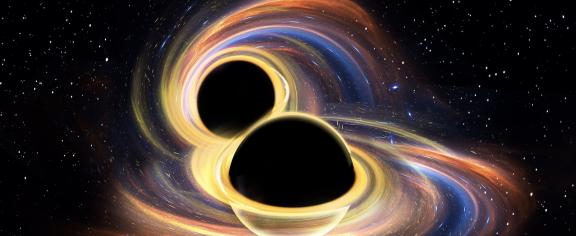2026-02-16
Research from Georgia Tech is showing how cracks occur and spread through materials — and how best to prevent them.
2026-02-18
It is the highest degree of membership awarded by the society.
2026-02-17
The fellowship is one of the most competitive and prestigious awards available to early-career scholars.
2025-12-16
Marketer-turned-beekeeper Deb DeWitt serves as Georgia Tech's Beekeeper in Residence and receives the Georgia Beekeepers Association’s Beekeeper of the Year Award.
2025-11-26
Cachine was selected for his work in solving modern medical challenges using ancient textile techniques.
2025-09-19
Wang has been awarded a NASA Space Technology Graduate Research Opportunity to develop mathematically grounded solutions for landing spacecraft.
2025-07-25
Physicists unravel the secrets of the centuries-old practice of knitting in a new study that explores the physics of ‘jamming’ — a phenomenon when soft or stretchy materials become rigid under low stress but soften under higher tension.
2025-07-15
Before merging, both black holes were spinning exceptionally fast, and their masses fell into a range that should be very rare — or impossible.
2024-05-22
With NSF support, Colleges of Sciences and Engineering will collaborate to hire a researcher focused on solar-terrestrial science and space weather.
2025-04-17
Zijie (Jay) Wang (Ph.D. ML-CSE 2024) is a recipient of the 2025 Outstanding Dissertation Award from the Association for Computing Machinery Special Interest Group on Computer-Human Interaction (ACM SIGCHI).







